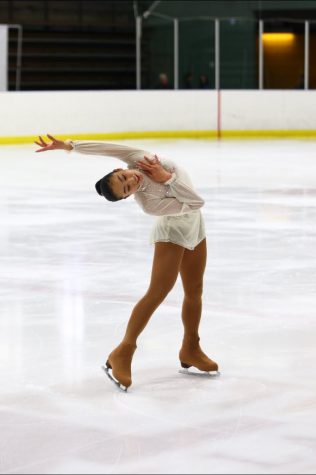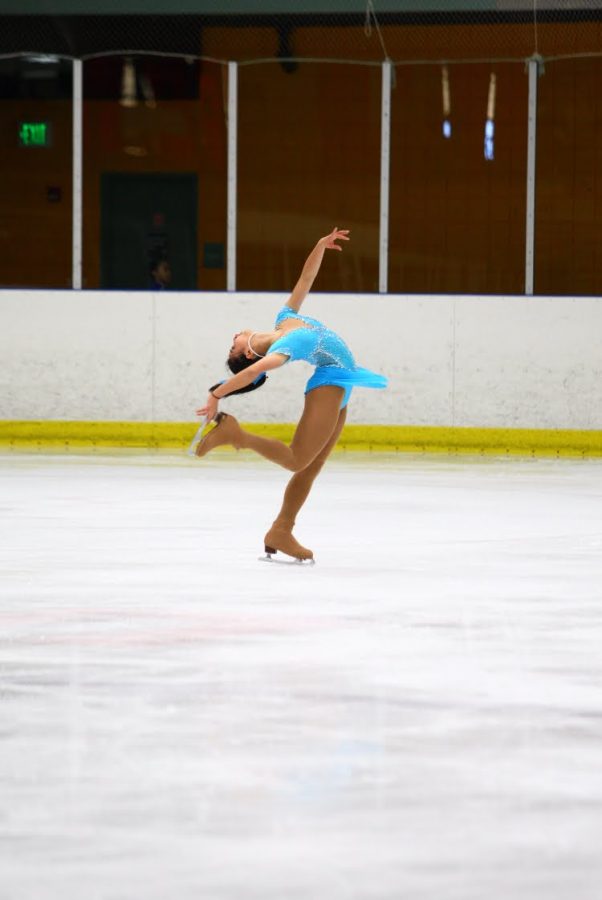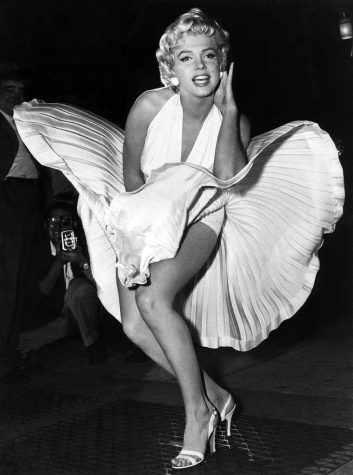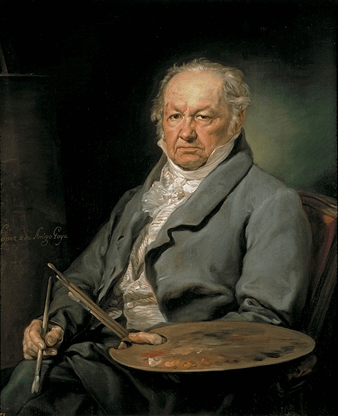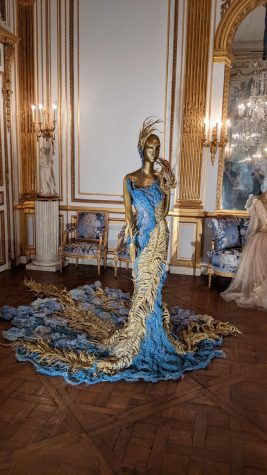Artist Spotlight: Erica Machida
Elegantly maneuvering each critical step and passionately dancing across the ice, figure skating is no doubt an art. To sophomore Erica Machida, figure skating has been deeply integrated in her life. “Every jump, every spin, every turn makes me feel amazing when I do it right,” Machida describes. She first began training competitively when she was seven years old, and her first com-petition was when she was ten. Since then, she has come a long way, winning several medals over the years.
Scores are given to figure skaters based on the technical difficulty of their program, and also to their level of interpretation, presentation, and artistry. In order to achieve the best score of her ability, Machida is very devoted to practicing, going to the ice rink six days a week, with each session lasting two hours. Althoughshe has a very busy schedule, Machida still finds time to enjoy her other hobbies, one of them being singing. “Singing will come into play whenever I need to get away from my world,” she explains. The songs she enjoys singing, especially after a discouraging experience, “Him and I” by G-Eazy and Halsey, and “Stay” by Rihanna with the piano.
To Machida, skating is something she will never be able to forget, strongly believing that it will help her in the future. Since figure skating is an individual sport, Machida must know her own dreams, and have the strong mindset to achieve them. However, this means that the pressure and stress built up by high expectations are also immense. She expresses, “The mental, physical, and emotional endurance needed is immense, especially when pressure is put [on] you. Having this endurance will help me persevere through what I want to accomplish the most.” At the same time, there were many tough times she had to overcome, like in May of 2016, when Machida obtained a bone bruise on her right ankle, which led her to stop skating for six months. She remembers the experience, stating, “My confidence shrunk, and my self-esteem lowered, so those two things were the hardest to get back. This is where singing helped me get over sad, frustrating, terrible days.” Since then, she has gained back her optimism and was chosen to receive the GetUp San Jose award for being a role model, created by the US Figure Skating Association. This is a huge feat, as Machida’s true devotion and passion for figure skating was recognized.
To portray how difficult figure skating can be, Machida has said: “It takes the longest to get better at, and three minutes of being in front of the judges determines your career. It’s not a team sport–it’s individual, so if there are problems or pressure, it’s all on you. That’s why figure skaters have the toughest hearts: they have the most scars on them.” The joy of figure skating for Machida is the freedom of skating across the ice and the triumphant feeling of pride that surges through her at the end of her program. She relates the lessons learned in figure skating to life, expressing, “Sure, there’s falling, but you can never learn without falling and making mistakes.”
